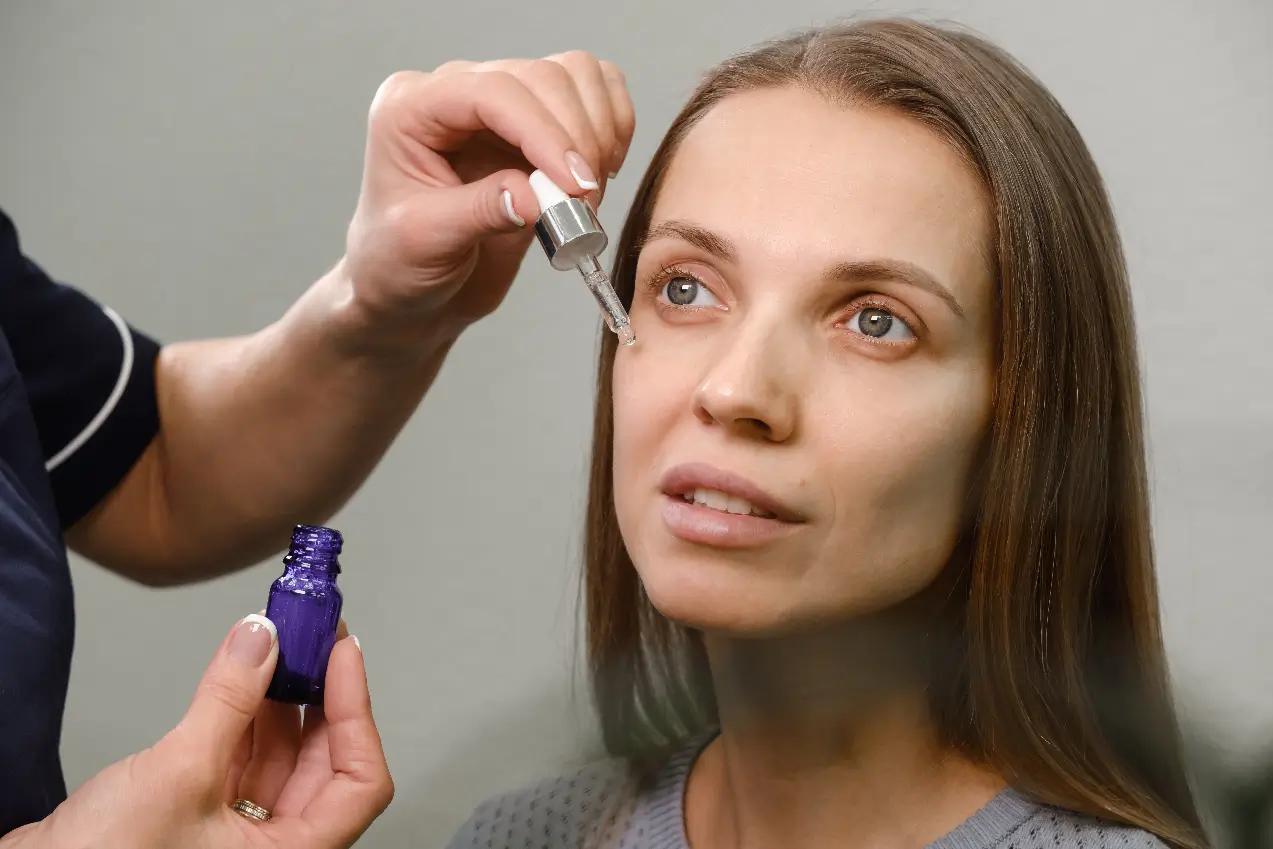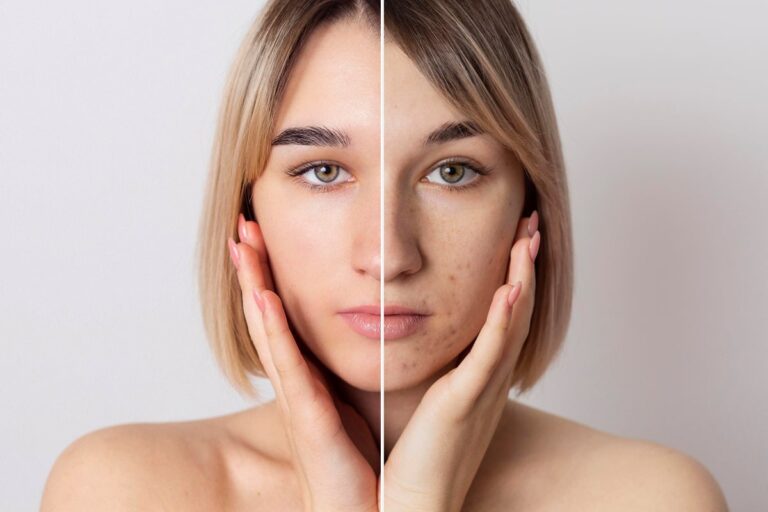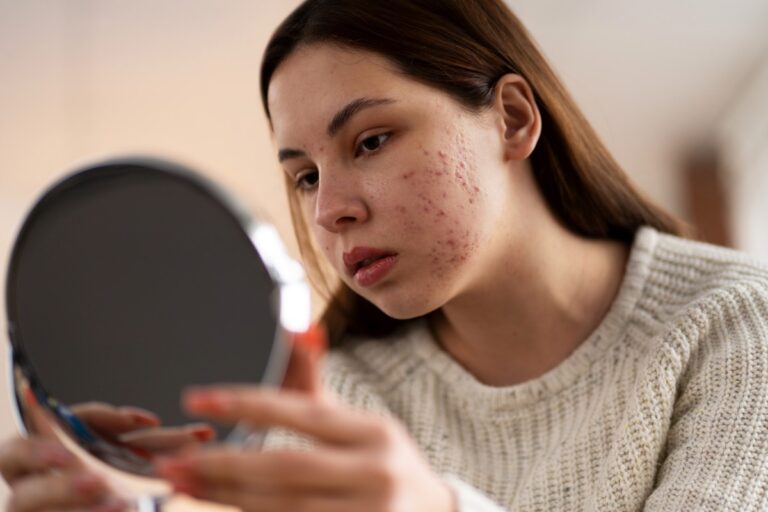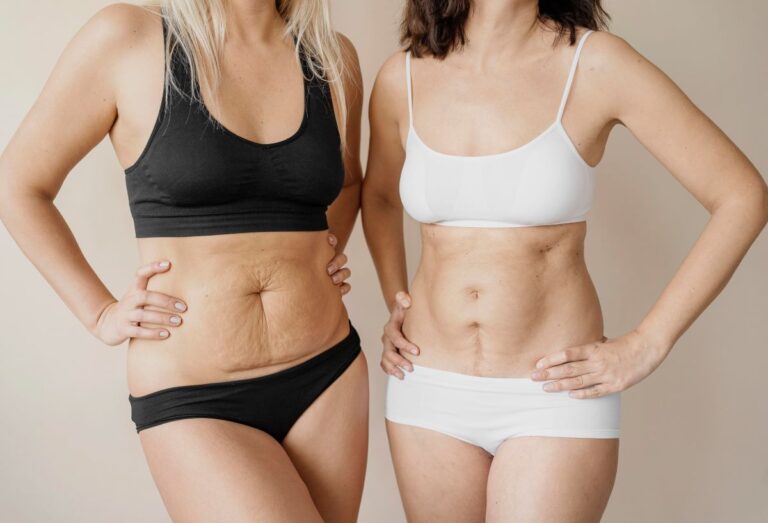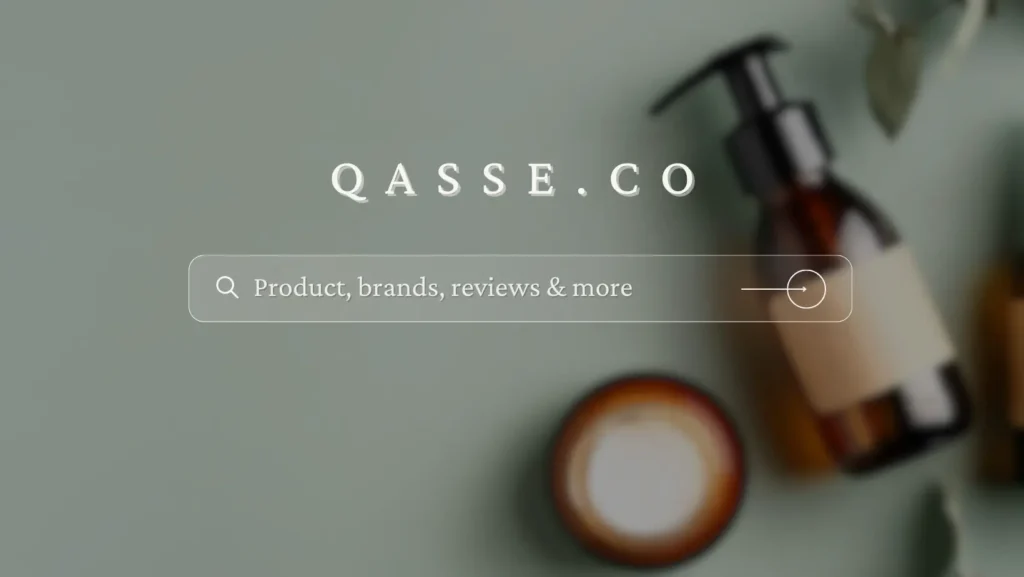Side effects of retinoid therapy on vision quality: Shared Experiences of Redditors
After StrangePen, a Reddit user, revealed unexpected eye health issues, retinoid therapy—known for reducing wrinkles, smoothing skin, and curing acne—came into the public eye. Understanding the potential impacts on the delicate eye region and the associated symptoms is essential. People can safely achieve their skin goals by selecting their skincare routines carefully after becoming aware of this.
Retinoids: Unlock the Key to Youthful, Radiant Skin
Retinoids are a class of compounds derived from vitamin A. They play a crucial role in maintaining healthy skin. Retinoids come in various forms, such as:
Each type has a different strength and specific effect on the skin. Some are available over-the-counter, while others require a prescription from a dermatologist.
How do retinoids work on the skin? When applied topically, they:
One of the most significant benefits of using retinoids is their ability to boost collagen production. Collagen is a protein that gives the skin its structure and elasticity. By stimulating collagen synthesis, retinoids:
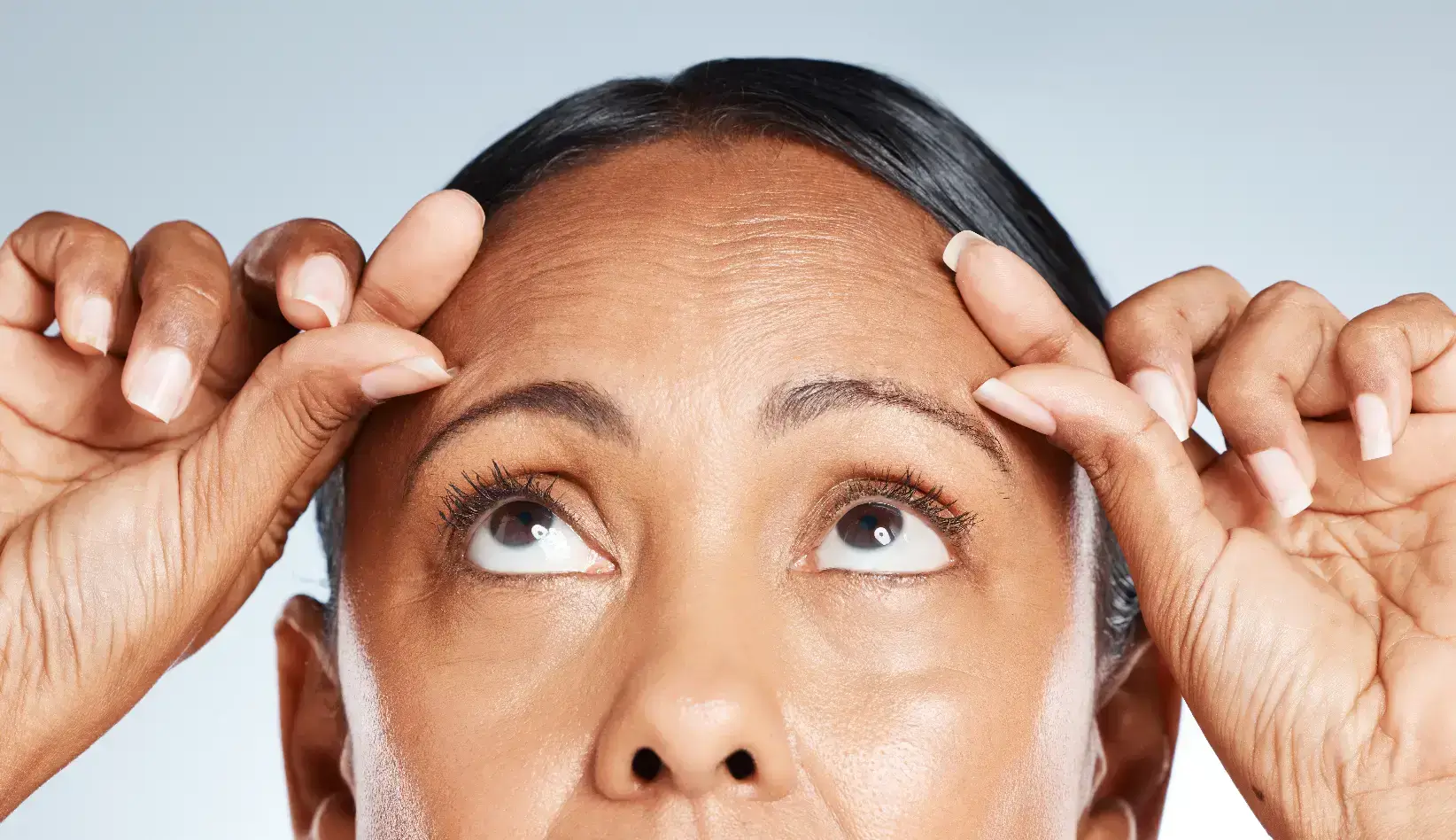
Retinoids also possess potent antioxidant properties. Antioxidants are essential for protecting the skin from damage caused by free radicals. By neutralizing these harmful free radicals, retinoids:
Retinoids can be found in a wide range of skincare products, including:
Retinol, a popular over-the-counter retinoid, is often included in anti-aging products. Stronger retinoids like tretinoin and isotretinoin are typically prescribed by dermatologists for more severe skin concerns such as acne and advanced signs of aging.
How Retinoids Impact Eye Health
Retinoids are known for their amazing ability to transform your skin, but let’s be real—they can also do a number on your eye health. We’re talking dryness, discomfort, blurred vision, and even long-term damage. It’s not just a minor inconvenience; these side effects can seriously impact your daily life.
Just ask StrangePen, a Redditor who shared their experience with dry eyes after using retinoids. They couldn’t even wear their contact lenses without feeling like there was sand in their eyes. And it’s not just them; countless other Reddit users have reported similar issues. It’s like a club no one wants to be a part of.
StrangePen’s optometrist even noticed changes in their tear composition. That’s right, retinoids can mess with the delicate balance of your tears, leaving your eyes feeling like they’re in the Sahara Desert. No wonder so many people are reaching for artificial tears.
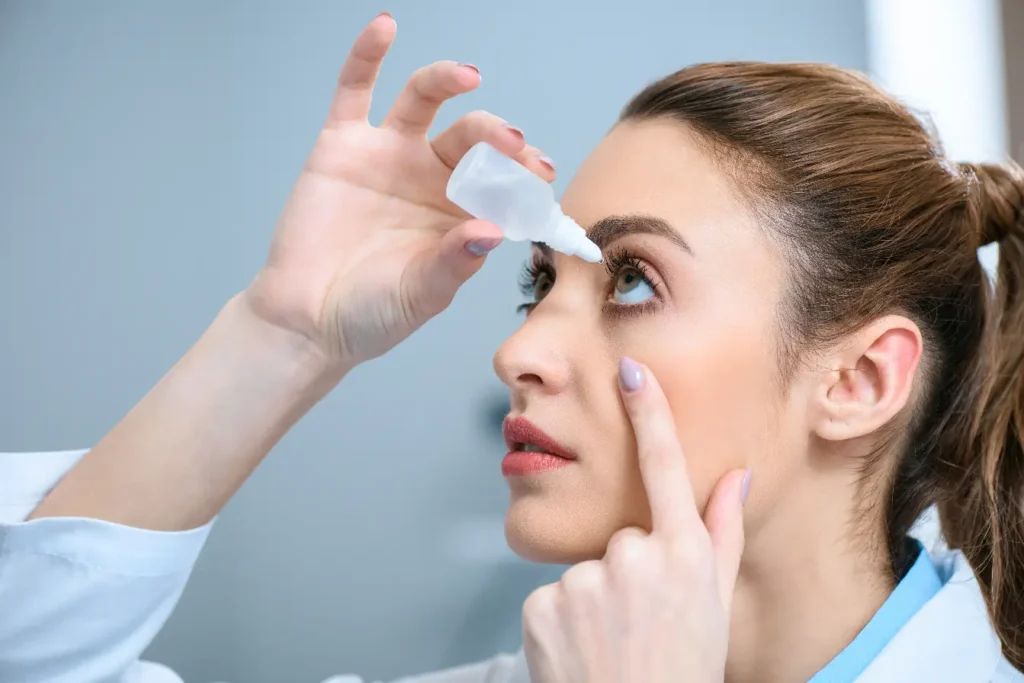
And let’s not forget about the horror stories of blurred vision and reduced visual acuity. Imagine trying to read a book or drive a car when everything looks like a Monet painting. Redditors raincitywitch and felawful_ know that struggle all too well.
The real kicker? The long-term effects. Coreenis and crafternoondelight reported impaired night vision and increased glare sensitivity—like, months after they stopped using retinoids. And IllustriousAvocado and tyomax? They’re worried about permanent damage, like:
These conditions aren’t just annoying; they can seriously impact your quality of life. We’re talking ongoing treatments, artificial tears, ointments, and even surgery in some cases. It’s like a never-ending battle with your own eyes.
Risk Factors to Consider
Using retinoids comes with certain risks, especially concerning eye-related side effects. Knowing these risk factors can help you make smarter choices about your skincare routine, aiming to reduce any harm. Here are some important risk factors to consider:
1. Proximity of Application
A major risk factor with retinoids is applying them too close to the eyes. This lesson was learned the hard way by ChouettePants and poppynogood, two Redditors who shared their experiences. They faced seriously uncomfortable side effects by applying retinoids too close to their eyes.
2. Duration and Frequency of Use
How long and how often you use retinoids can impact your risk of eye-related side effects. Using them for a long time or too frequently can stress the sensitive eye area, causing dryness, irritation, and discomfort. It’s important to start with a small amount and slowly increase your use, allowing your eyes to adjust to the retinoids’ strong effects.
3. Individual Sensitivity and Pre-existing Conditions
Your personal sensitivity and any eye conditions you already have are key when using retinoids. Some people’s skin or eyes just react more to these powerful ingredients, even if they use them less often or at lower strengths. If you’ve always had sensitive skin or eyes, retinoids might cause more issues for you.
Having eye problems to start with can also make you more open to retinoids’ side effects. Common eye issues that retinoids could worsen include:
- Dry eye syndrome
- Meibomian gland dysfunction
- Blepharitis (inflammation of the eyelids)
- Corneal abrasions or erosion
Age also affects how your skin and eyes react to retinoids. As we age, our skin and eyes tend to get more delicate, drying out and irritating more easily. This means older people might have a higher chance of eye-related side effects from retinoids, even if they use them less often or in lower doses. It’s important to think about your age when adding retinoids to your skincare routine, starting with a gentler approach.
Combining Retinoids with Other Products
When you add retinoids to your skincare lineup, think about how they play with the other products you use, especially if you have concerns about eye irritation. Skincare favorites like exfoliating acids (think alpha-hydroxy acids or beta-hydroxy acids) and strong cleansers are known for causing dryness and irritation by themselves. Pair them with retinoids, and you might up the ante on eye irritation, raising the chances of not-so-fun reactions.
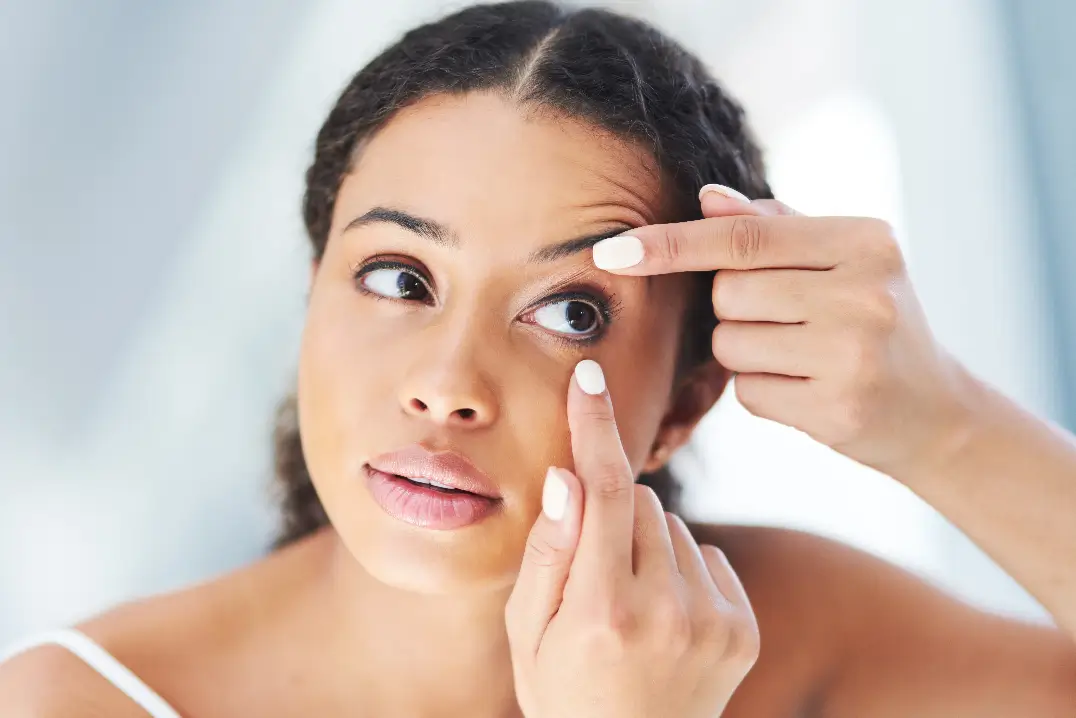
To keep your eyes happy and minimize any irritation, be choosy about the companions for your retinoids. Lean towards gentle, soothing formulas made with sensitive skin and eyes in mind. Keep an eye out for products that are:
Introducing new products into your skincare routine should be done gradually, one at a time. This approach allows you to monitor your skin and eyes for any signs of irritation or discomfort, making it easier to determine which product might be the problem if a reaction occurs.
It’s smart to give some breathing room between using retinoids and other products that might stir up trouble, like exfoliating acids. Maybe apply your retinoid at night and save the exfoliating acid for your morning routine, or switch them up on different days. Spreading them out like this can help dodge the irritation that might come from piling on too many active ingredients at once.
Preventing Eye Issues While Using Retinoids
Worried about retinoids messing with your eyes? You’re not alone! The good news is that there are plenty of ways to minimize the risk of eye irritation while still reaping the benefits of your favorite wrinkle-fighting ingredient. It all comes down to being smart about how you apply your retinoids and making sure you’re giving your eyes a little extra TLC in the process.
Application Techniques
Applying retinoids with the right technique is key, especially if you’re trying to sidestep those pesky eye issues. A smart hack shared by Redditors nutandshell1 and Flying_Momo is to dab some petroleum jelly around your eyes as a barrier before going in with your retinoid. This trick forms a protective shield, stopping the retinoid from sneaking into the sensitive eye area and cutting down on irritation and dryness.
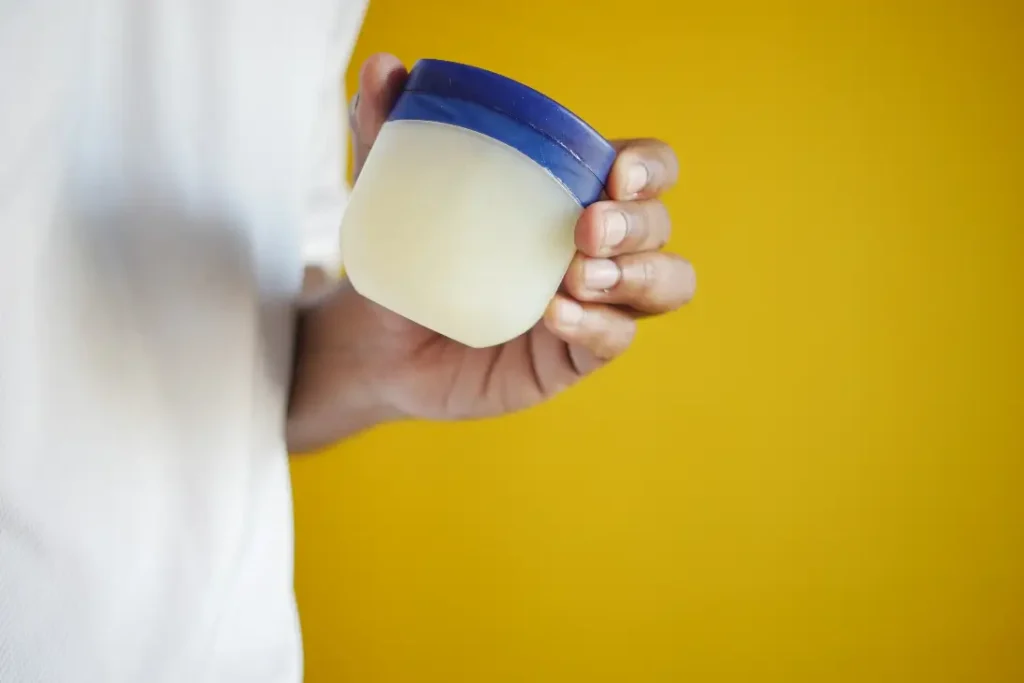
Even with this jelly guard up, it pays to apply your retinoid with care. Take it slow, aim for precision, and steer clear of the eye zone as much as you can. If you’re nervous about overstepping, use less product or apply it with a cotton swab for better control.
Ease into using retinoids to further protect against eye irritation. If you’re just starting out, kick off with a gentler concentration or use them sparingly, maybe just once or twice a week. As your skin gets used to it, you can gradually up the ante on strength or how often you use it. And should you start spotting any signs of eye irritation, it’s perfectly okay to scale back. Typically, a smaller amount of retinoid is all you need.
Incorporating Eye-Nourishing Ingredients
Sure, being careful with your retinoid application is important, but there’s more you can do to keep your eyes happy and healthy. One simple solution? Grab some lubricating eye drops, as Redditor Capaxnegotii suggests. These can help alleviate dryness and discomfort, giving your eyes a much-needed dose of hydration.
To take your eye care game to the next level, consider adding some nourishing ingredients to your skincare routine. Look for products that contain:
- Hyaluronic acid: This moisture-loving molecule can help keep your eye area plump and hydrated.
- Ceramides: These lipids help strengthen your skin’s barrier, locking in moisture and keeping irritants out.
- Niacinamide: This multitasking ingredient can help soothe inflammation and reduce redness around the eyes.
- Antioxidants: Ingredients like vitamin C and vitamin E can help protect your delicate eye area from environmental stressors.
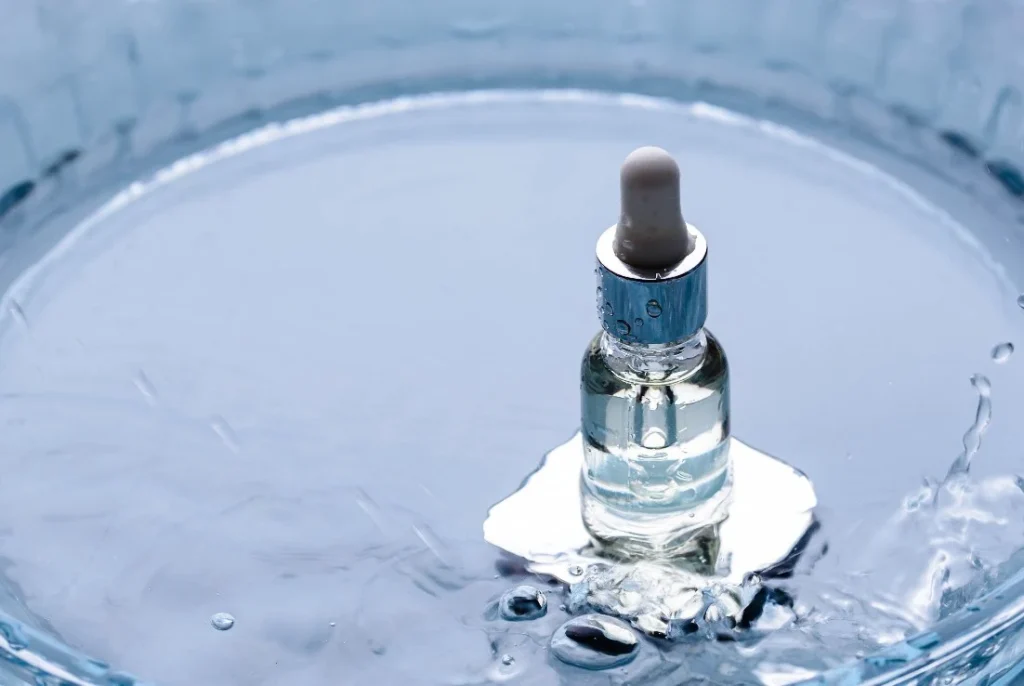
The key is to find a balance between your retinoid use and these eye-nourishing products. You might try applying a rich, nourishing eye cream before your retinoid to create a protective barrier or using your eye drops and nourishing serums in the morning to help counteract any dryness caused by your nighttime retinoid use.
Alternative Anti-Aging Ingredients
If the thought of using retinoids makes you nervous because of possible eye irritation, there’s good news—loads of other anti-aging ingredients can keep your skin looking fresh and young. They might not have the same firepower as retinoids, but they’re still great at tackling fine lines, wrinkles, and uneven skin tone.
Bakuchiol is a top pick among these alternatives. It’s a plant-based gem that works wonders on your skin, much like retinol. This friendly ingredient boosts collagen, smooths out texture, and helps fade fine lines and wrinkles without the irritation often associated with retinoids.
Pros of Bakuchiol:
- Suitable for sensitive skin
- Can be used twice daily
- Doesn’t cause sun sensitivity
- Can be used during pregnancy and breastfeeding
Cons of Bakuchiol:
- May not be as effective as retinoids for deep wrinkles
- Limited long-term studies on its efficacy
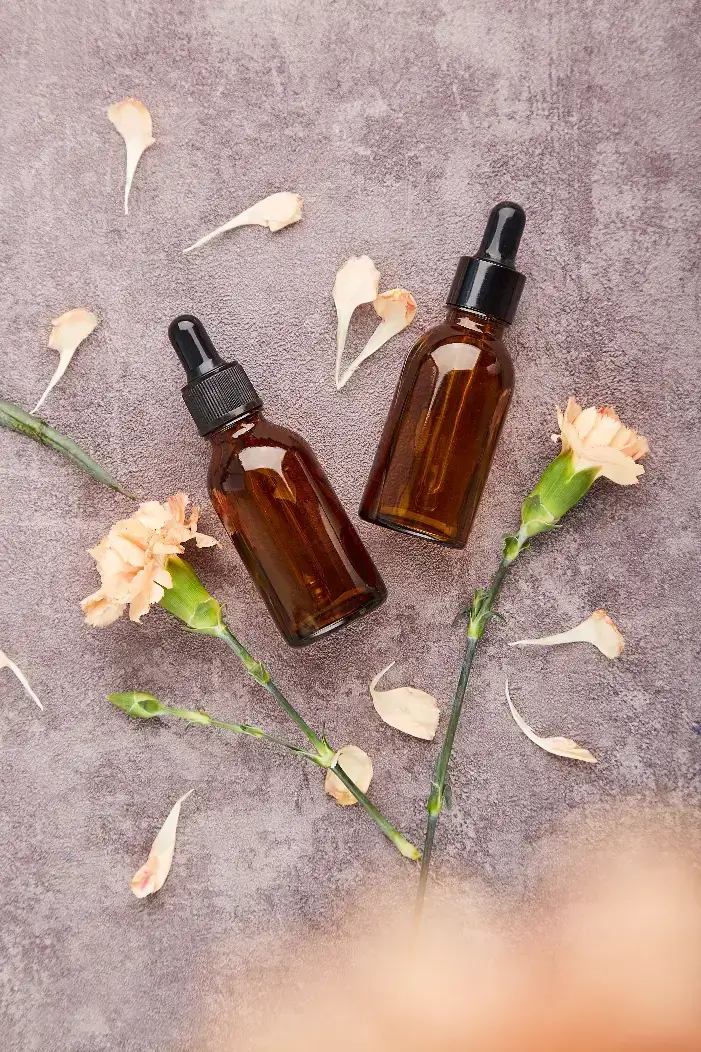
Another retinoid alternative to consider is peptides. These short chains of amino acids can help stimulate collagen production and improve skin elasticity, leading to a more youthful, firmer-looking complexion.
Pros of peptides:
- Well-tolerated by most skin types
- Can be used in combination with other anti-aging ingredients
- Help improve skin texture and tone
Cons of peptides:
- It may take longer to show visible results compared to retinoids
- Can be more expensive than other anti-aging ingredients
Antioxidants like vitamin C and niacinamide are also great options for those looking to improve the overall appearance of their skin without the risk of eye irritation. These ingredients help protect the skin from environmental stressors, brighten the complexion, and even out skin tone.
Pros of antioxidants:
Cons of antioxidants:

Hydration is key, so don’t overlook it! Ingredients like hyaluronic acid can plump up your skin, making fine lines and wrinkles less visible, all while keeping the eye area moisturized and comfortable.
Pros of hyaluronic acid:
Cons of hyaluronic acid:
While these alternative ingredients may not be as powerful as retinoids, they can still offer significant anti-aging benefits without the same risk of eye-related side effects. It’s all about finding the right combination of ingredients that works for your unique skin type and concerns.
When to Seek Professional Help
As much as we’d all like to think we can handle any skincare issue on our own, there are times when it’s crucial to seek professional help—especially when it comes to your eyes. If you’re using retinoids and start to notice any persistent or worsening vision problems, it’s time to book an appointment with your eye doctor.
Some key signs that you need to see a professional include:
Redditor r/woahthatsraddude learned this lesson the hard way when they experienced eye pain and swelling after using a retinoid product. If you find yourself in a similar situation, don’t try to tough it out—get yourself to an eye doctor, stat!
When you do go in for your appointment, make sure to bring a list of all the skincare products you’ve been using, including your retinoids. This will help your doctor better understand what might be causing your eye issues and how to best treat them.

Depending on your symptoms and the severity of your condition, your eye doctor may recommend a variety of tests and treatments. These can include:
The most important thing is to be proactive about your eye health. Don’t hesitate to seek professional help if something doesn’t feel right. Your eyes are too precious to take any chances with!
Skin Care with Eye Health in Focus
We all crave that radiant, youthful skin retinoids promise. While the dream of erasing fine lines is tempting, eye health can’t take a back seat. Luckily, with some savvy and thoughtful planning, achieving skincare goals without compromising eye health is totally doable.
It’s about balancing eye health and anti-aging efforts. This may involve tweaking your routine with more eye-friendly ingredients or being careful with retinoid application. The aim is to progress in your skincare journey without sacrificing eye comfort.
Since everyone’s skin and eyes are unique, what works for one might not suit another. If your eyes are sensitive or prone to issues, you might lean towards milder ingredients or less retinoid use. Meanwhile, those with more tolerant eyes could handle stronger or more frequent doses. The key is listening to your body and adjusting accordingly.

Regular eye doctor check-ups are a smart move when using retinoids. These appointments can catch early signs of trouble, ensuring long-term eye health. Your doctor can also tailor advice to fit your skincare and eye care needs.
Being proactive and mindful is crucial. Monitor how your eyes react to your skincare routine, and be ready to make changes if necessary. Chasing that retinoid glow while keeping your eyes healthy is possible with careful attention to your routine and reactions.
